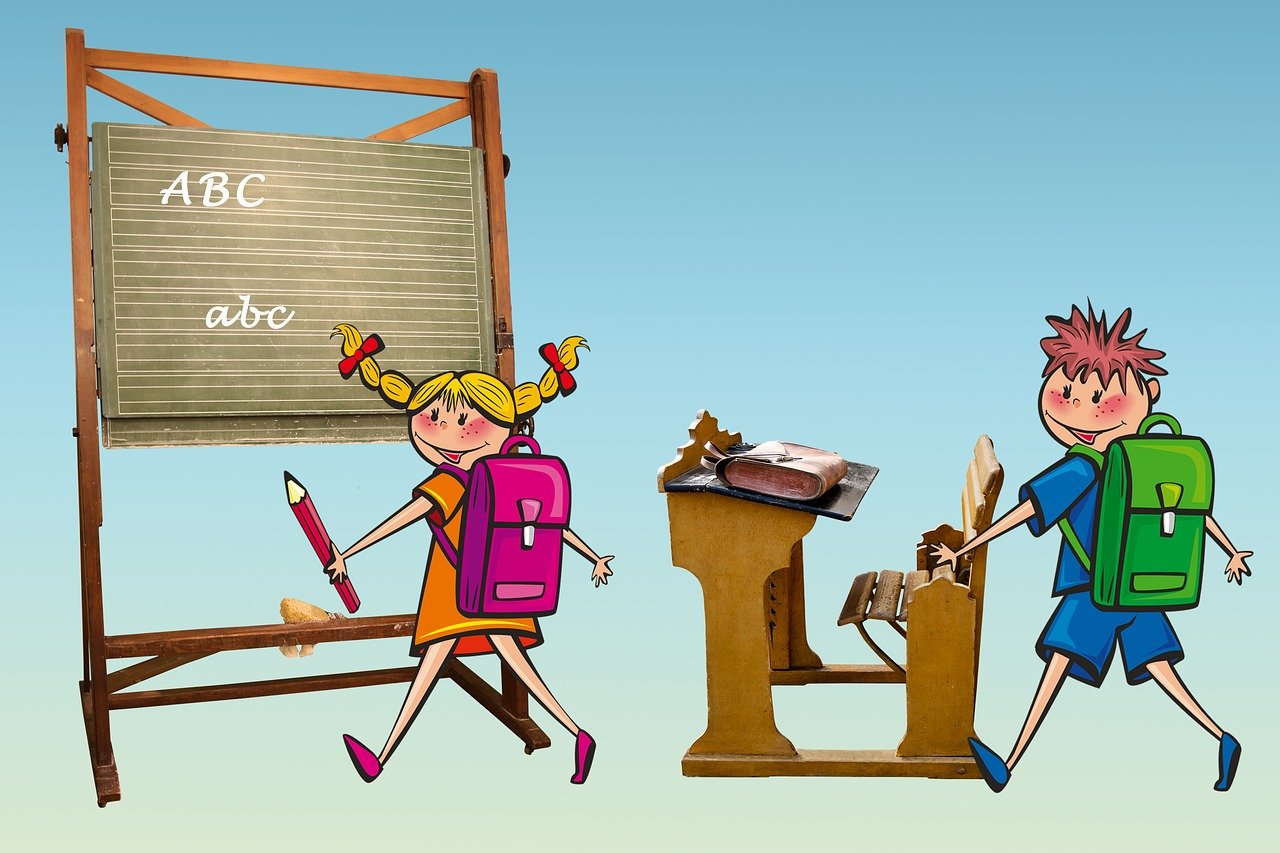
The nucleus of the subject can be a pronoun or a noun: depending on the case, it refers to a pronominal phrase or a noun phrase .
The nucleus of the subject is a very important element within every sentence since it is the word that indicates who carries out the action indicated in the predicate . Thanks to syntactic analysis it is possible to recognize each of the parts of the structures examined ( noun / pronoun , verb , complements , determiners , etc.).
It is essential to keep in mind that the nucleus corresponding to the subject maintains a link of agreement of both number and person with the verb that, within the predicate , assumes the role of nucleus .
How to identify the core of the subject
Before learning how to identify the nucleus of the subject in a sentence, it is necessary to refresh some knowledge or learn about it to expand your knowledge. The subject , for example, is characterized by being the segment about which something is reported and by expressing who or who carries out (or carry out) the task mentioned in the section called predicate .
There are multiple kinds of subject . The variety covers the simple subject (which includes a single nucleus as in "The dog moved its tail when recognizing its master" ), the compound subject (which includes at least a pair of nuclei as in "María and Jorge brought donations" to the church" ), to the explicit subject (that which is evidently expressed in the statement: "The students passed the exam" ) and to the implicit subject (as it is not clearly mentioned in the sentence, also defined as a tacit subject or subject elliptical must be deduced by paying attention to how the verb is being conjugated: "I dreamed of koalas and giraffes" ). Working with the passive voice modality, meanwhile, the patient subject acquires notoriety (it is discovered by observing who is the recipient of the verbal action that he does not carry out) and the agent subject (present in the active voice as a noun phrase that who carries out the described act).
A quick and easy way to find out what the core of the subject is is to ask yourself what or who is being talked about in the sentence , that is, about whom an action is being indicated. For example: "My neighbor won a contest." Who won the contest? The neighbor Therefore, neighbor is the nucleus that appears in the subject "My neighbor." The verb (won) is on this occasion the nucleus of the predicate that starts with "won" and is completed with "a contest" .

When performing a monologue, all kinds of sentences with very different structures can be displayed.
Kinds of sentences
By paying attention to the characteristics of each statement, you will soon notice the existence of numerous types of sentences . The use of one or another type of content will depend on the context in which the sender of the message is located and their intention.
In this sense, the need to express oneself correctly and carefully when using formal language cannot be overlooked, while one must master a particular and precise vocabulary with specific terminology of a certain scientific or professional discipline to understand technical language . In the case of having an everyday, relaxed conversation, among peers or family, one will surely choose to express themselves with informal language such as colloquial language .
If the speaker's objective is to ask something, then it will be necessary to use an interrogative sentence such as, to propose an example for reference, "Are we going to the movies?" . A feeling or reaction, on the other hand, is evidenced through the so-called exclamatory sentence : "I love that dress!" .
The negative sentence ( "She did not tell any of her classmates about the news" ), the affirmative sentence ( "The teacher congratulated all her students" ) and the imperative sentence ( "I forbid you to leave the house without my permission!" ) are others. resources available to the issuer.

Depending on what and how the content of a conversation is, it will be more or less complex to recognize each nucleus of the subjects corresponding to the lexical structures involved.
How modifiers affect the core of the subject
Below we will list various elements ( complements ) that can occur in a sentence and we will detail how the modifiers affect the core of the subject .
First of all, it is worth highlighting that there are constructions or words that enhance the noun by adding data about it or contributing to describing or defining it.
The noun phrase that makes up the subject within a sentence can include adverbs , adjectives , articles or pronouns . These terms that acquire the function of accompanying the nucleus of the subject can be, based on their characteristics, a direct modifier or an indirect modifier . The first ones directly surround the nucleus (immediately before or after it), while the indirect modifiers serve to determine or characterize the nucleus but appealing to intermediary words, such as the case of a preposition .
In the sentence "My cousin's son bought a tractor" , the subject starts in 'the' and ends in 'cousin' . 'Son' is the nucleus of the subject , while 'my cousin's' is the indirect modifier . If we analyze "My North American friends will arrive tomorrow" , however, we will have 'My North American friends' as the subject . And within it, both 'mis' and 'nortamericanas' are direct modifiers and 'friends' , the core .
